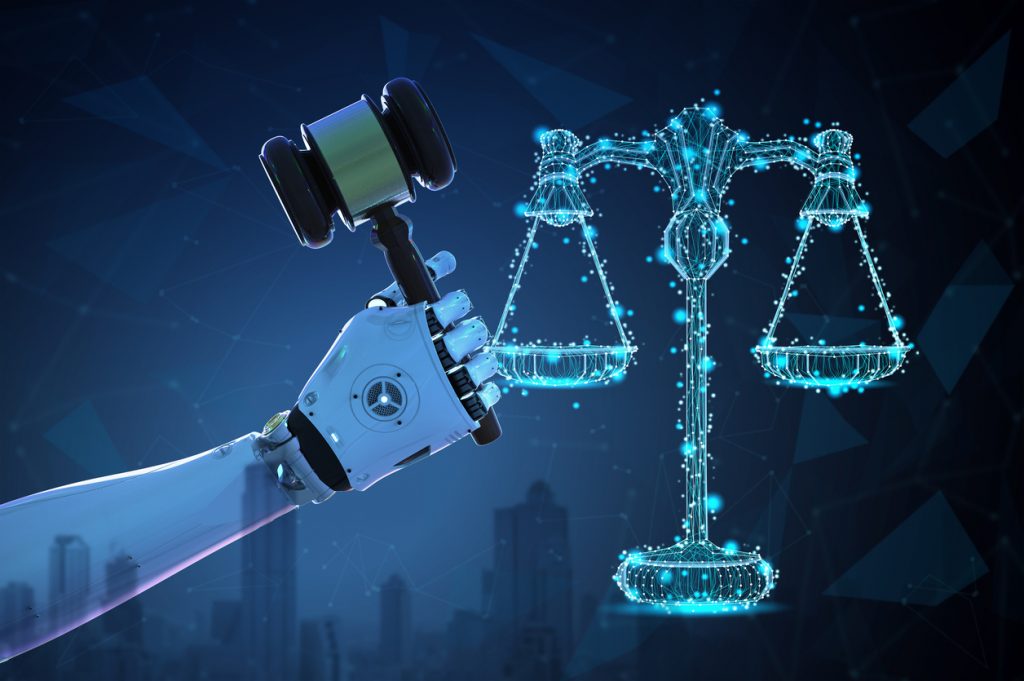What makes humans different from other animals is the ability to complex reasoning, introspection, and solve difficult problems. But what if objects can think, decide, and solve? In other words, what if an object was able to have the specific features that separate humans from other living beings.
The idea of inanimate objects coming to life as intelligent beings has been around for a long time. According to historical records, the ancient Greeks had a myth about a robot (Talos, giant bronze man) that Hephaestus, the god of blacksmithing, built. Moreover, Chinese and Egyptian engineers built automatons. However, the field of AI wasn’t founded until 1956. The term “artificial intelligence” was coined at a conference at Dartmouth College. In 1997, IBM’s Deep Blue won a chess match against a chess champion, Russian grandmaster Garry Kasparov, and became the first computer to win a game against a human.
With outstanding improvements, AIs became a part of the technology and took their place in our lives. AI systems are everywhere even though you can’t see them. Recognition systems (facial and voice recognition), new generation cars, online shopping and advertising, web searching, and even in farming.
With the spread of AIs, some ethical challenges have occurred. Biases in AI systems are included under this topic. People use data to train AIs. Since humans are the ones who give the introductions and say what to do to them. So, these systems are vulnerable to biases and errors introduced by people. Also, the data used to train these AIs can have biases too. For example, facial recognition algorithms have biases when it comes to detecting people’s genders. Moreover, voice recognition systems from some companies have higher error rates when detecting and transcribing black people’s voices than white people’s.
The weaponization of AIs is another challenge that has occurred. Some experts have questioned the use of AI in the military. Some experts thought this was a bad idea. Since today’s AIs are not 100% accurate, accidents may happen and because of these accidents, people may pay it with their lives. However, there are experts that think in the other way. According to them, autonomous robots might be more humane, as they could make decisions more effectively.
To come to the point, AIs can make more precise decisions. Maybe we can give them the intellect we have but we cannot give them the feelings, at least not these days. So, some changes must be done in the ethics field but these changes must be done carefully.

